
CNA Staff, May 23, 2024 / 14:08 pm (CNA).
The Archdiocese of Baltimore announced this week that more than half of the parishes in Baltimore’s historic city core will close or merge as part of a major pastoral planning process.
The final plans, announced May 22, will see 61 parishes at 59 worship sites in Baltimore City and some nearby areas of Baltimore County reduced to 23 parishes at 30 worship sites.
“These decisions, while difficult, are made with an eye toward a future goal of hope,” Archbishop William Lori said in a video message, saying the plan was put together, “guided by the Holy Spirit,” with an eye to helping the parishes prioritize announcing the Gospel and helping neighbors in need.
The many Catholic churches in Baltimore City were built to serve “a surging population that’s now lost hundreds of thousands of people,” the archdiocese says on the website for the initiative. From a high of 1 million people in the 1950s, the population in the city stands at fewer than 570,000 people.
According to the archdiocesan publication Catholic Review, the 61 current parishes serve approximately 5,000 Catholics — about 1% of the Catholics in the archdiocese, served by 44% of the archdiocese’ current parishes.
Lori said the mergers will enable the remaining parishes to “focus on mission and ministry, as opposed to leaking roofs, crumbling walls, and failing electrical and plumbing systems.”
After first announcing the intentions for the plan in 2022, this past April the archdiocese revealed the details of the consolidation plan, saying the initiative had “entered its public comment phase.” Several public fora held by the archdiocese on the plan drew “more than 6,000 voices in prayerful listening,” and Lori said their feedback helped to shape the final plans.
“We have known for a long time that we could not continue to ignore the decline in Mass attendance and increased resources required to keep up with building and property maintenance,” the archdiocese said.
“To achieve the Church we envision, one where parishioners are welcomed, engaged, and constantly growing in faith, and one strengthened by our varied ethnicities, cultures, and backgrounds, we must realign and consolidate our efforts and resources. Our failure to do so would be shortsighted and render us to be poor stewards of the time, talent, and material gifts with which God has blessed us.”
According to the Catholic Review, the new configurations and mergers will be complete for most parishes by the first Sunday of Advent 2024, Dec. 1. For others, it could be the first Sunday of Lent 2025, and for some even later.
Numerous other large dioceses including Chicago, Pittsburgh, St. Louis, and Cincinnati, and smaller ones such as Peoria, Illinois, have in recent years announced reorganization plans to greatly reduce their number of parishes.
Baltimore was the first Catholic diocese in the United States, having been established as such in 1789 and elevated to an archdiocese in 1808. The territory of the Diocese of Baltimore originally included the entire fledgling U.S., and it remained the only archdiocese in the country until 1846.
Last fall, Lori announced that the Archdiocese of Baltimore would declare Chapter 11 bankruptcy as a result of hundreds of abuse claims against it in recent decades. Lori insisted in his recent video message that the mergers are not related to the bankruptcy and that proceeds from any building sales will remain in the parish, as supported by canon and civil law.
If you value the news and views Catholic World Report provides, please consider donating to support our efforts. Your contribution will help us continue to make CWR available to all readers worldwide for free, without a subscription. Thank you for your generosity!
Click here for more information on donating to CWR. Click here to sign up for our newsletter.




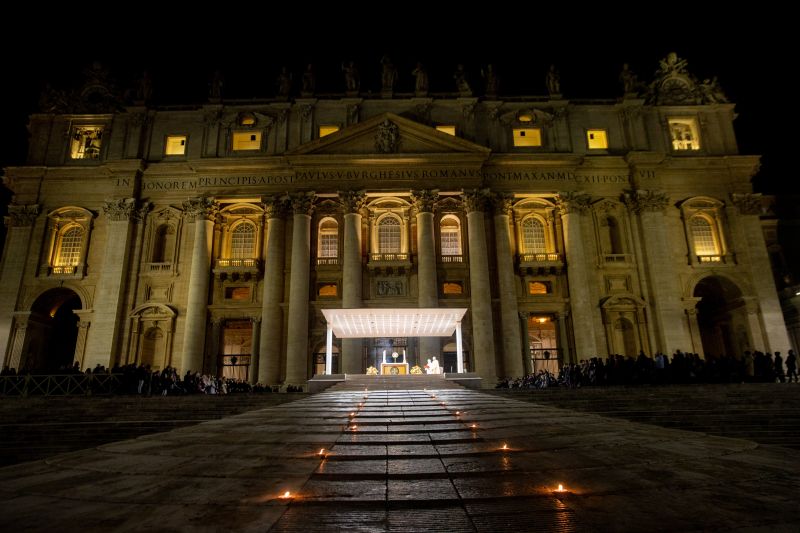
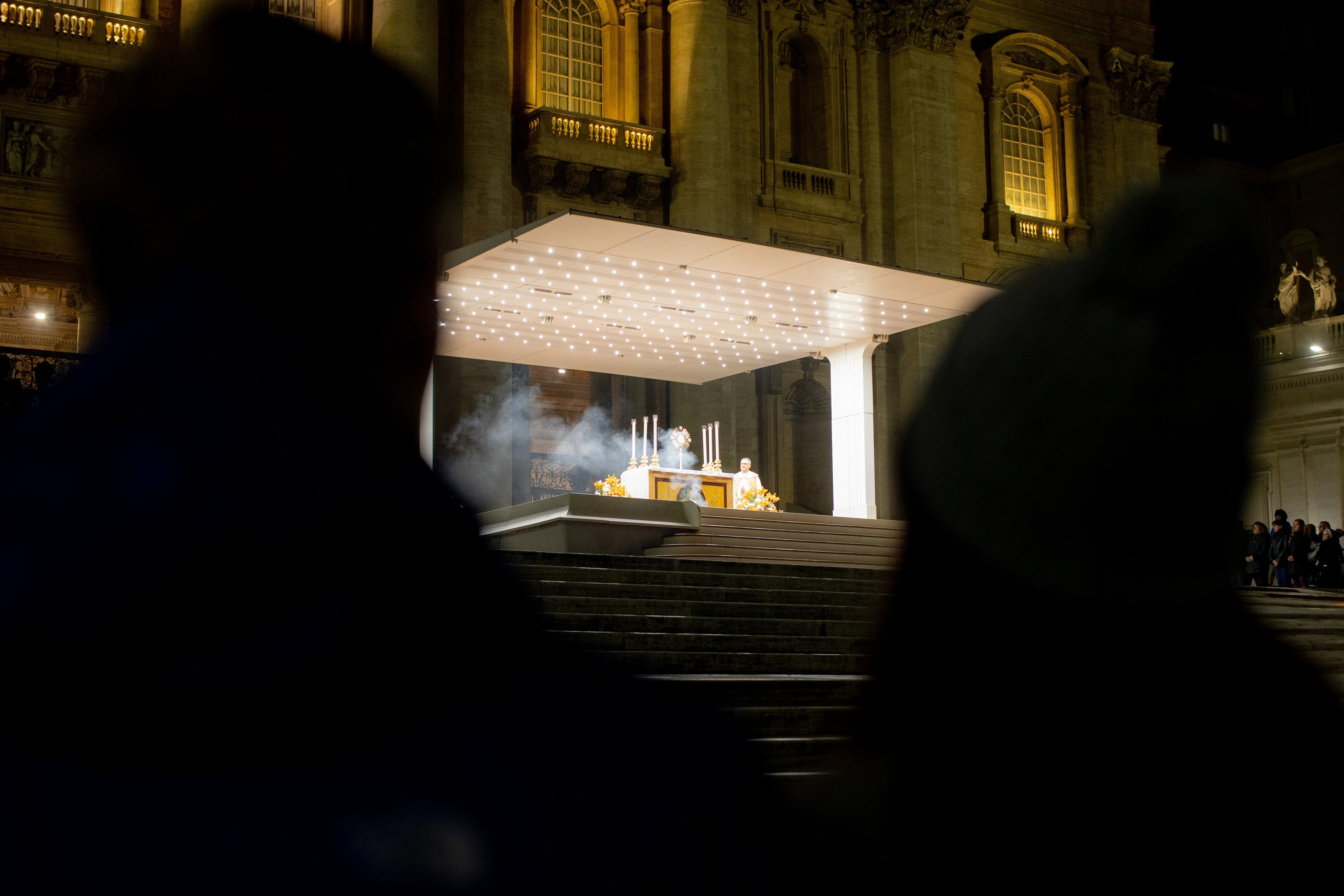
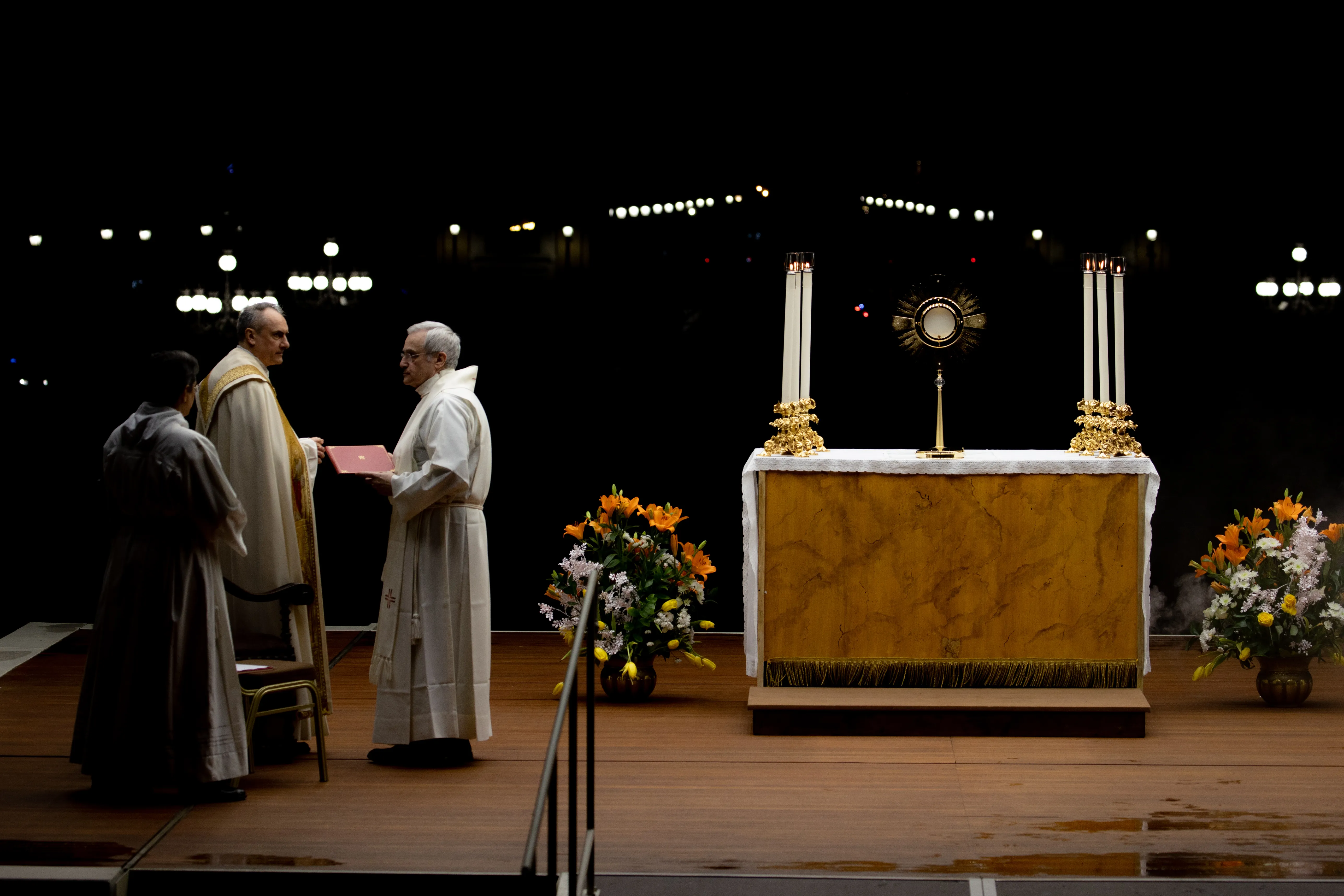
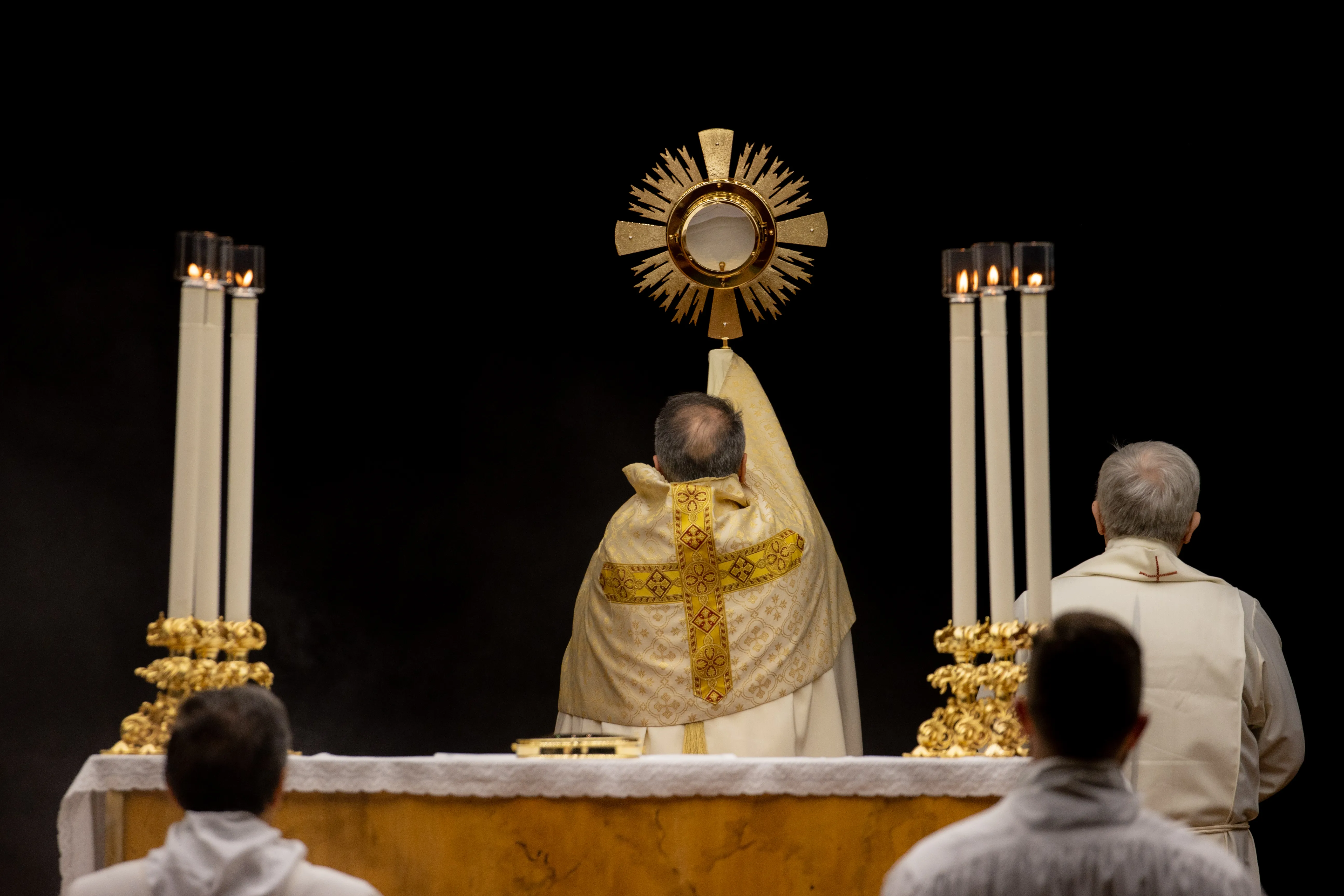
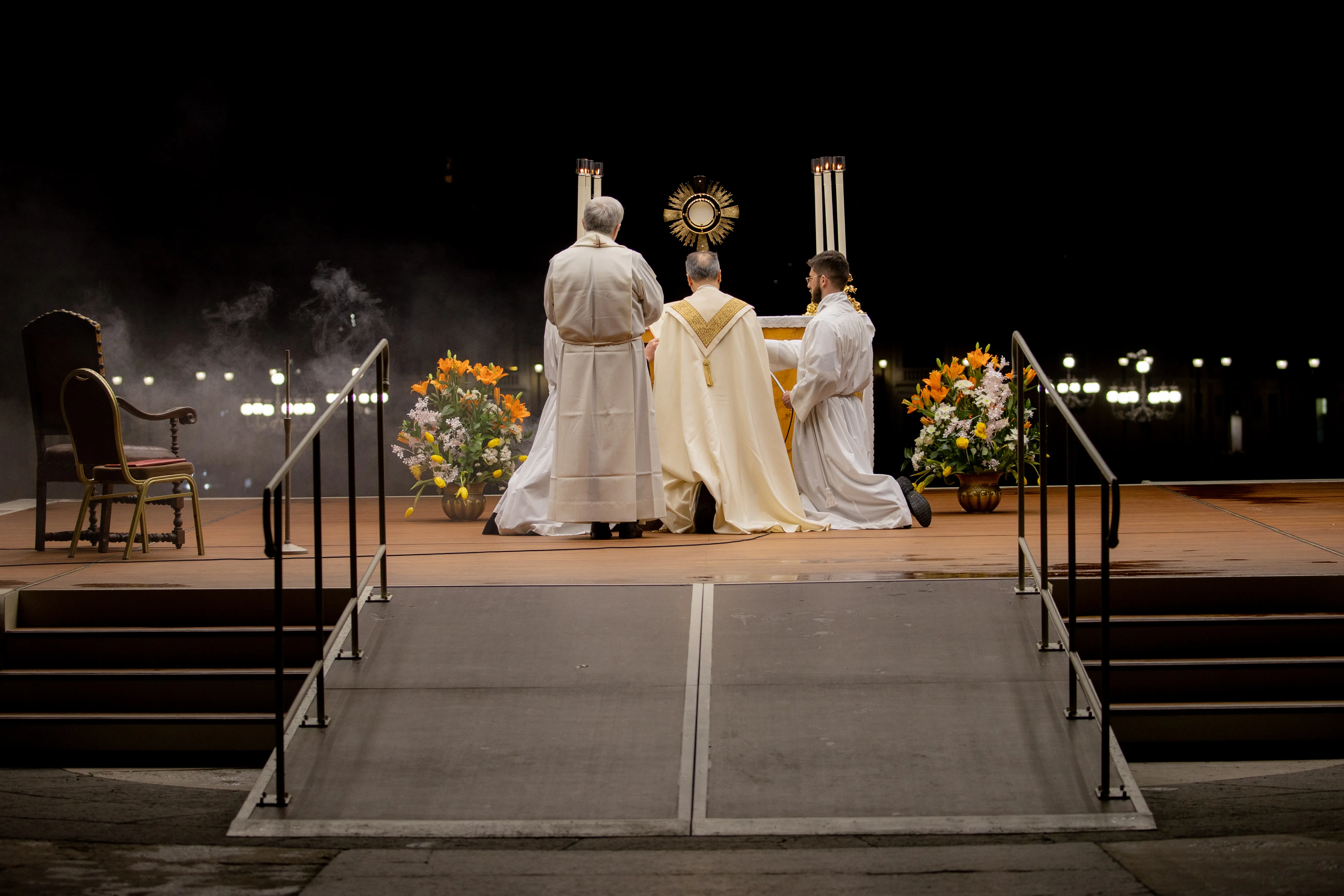
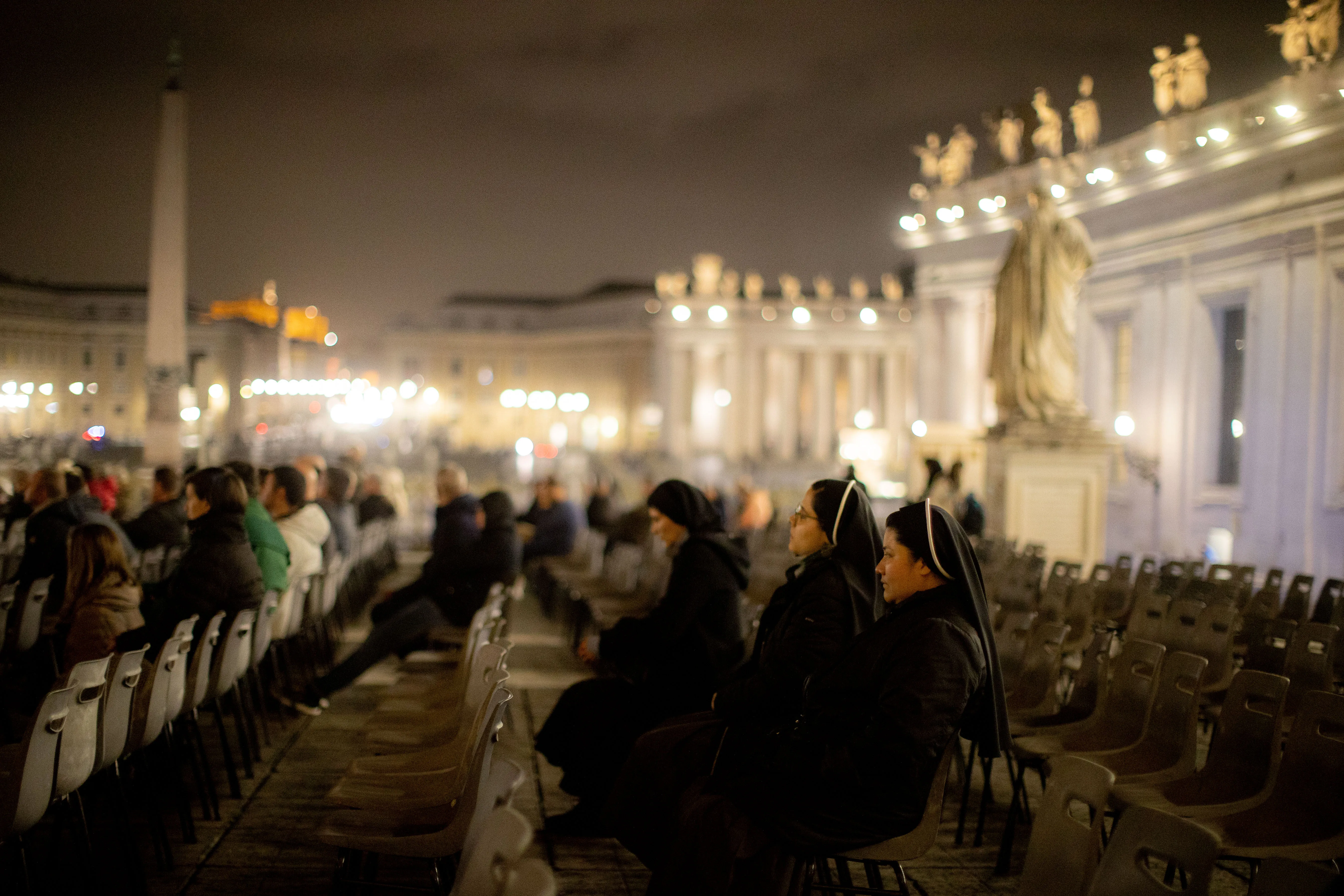
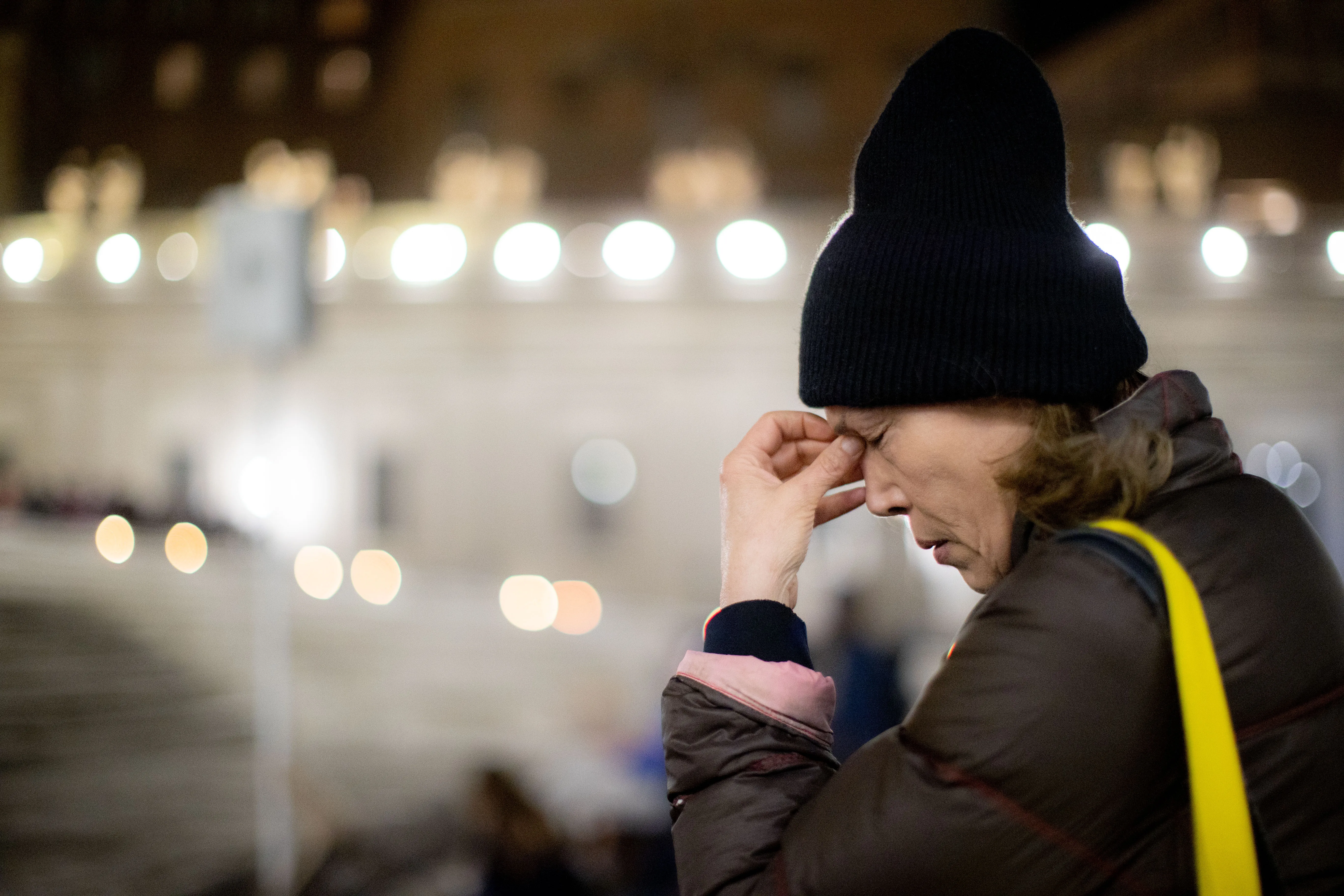
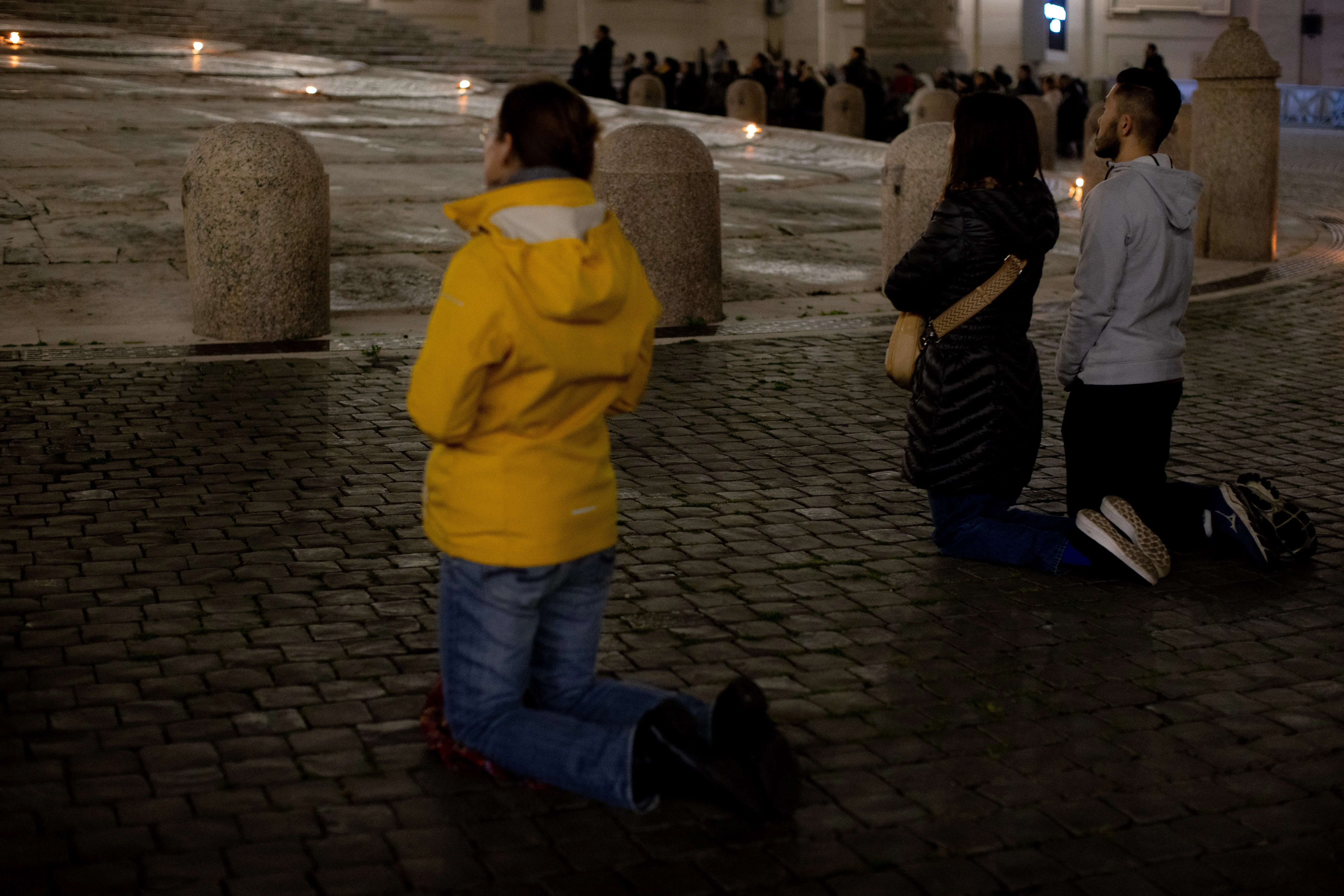
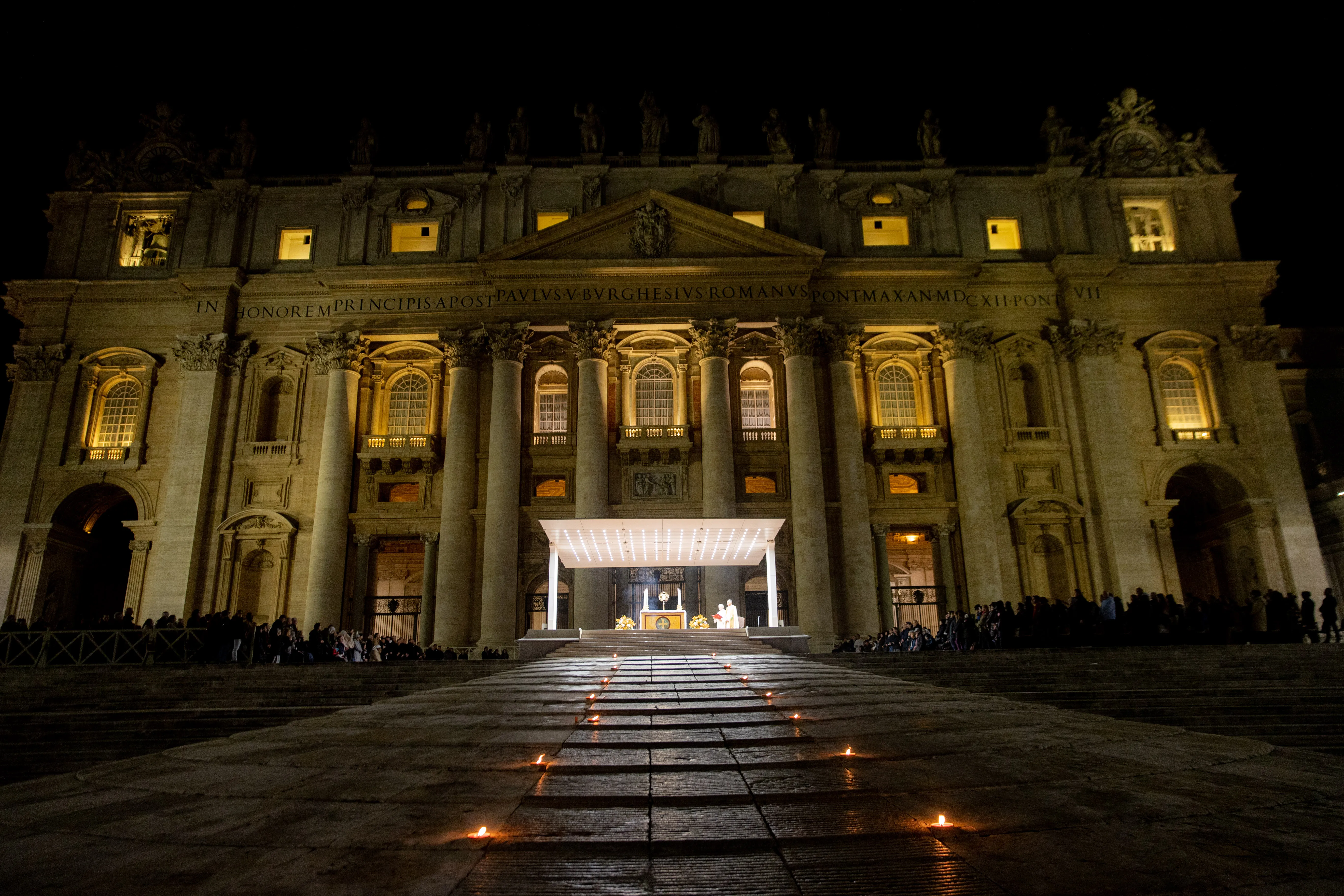
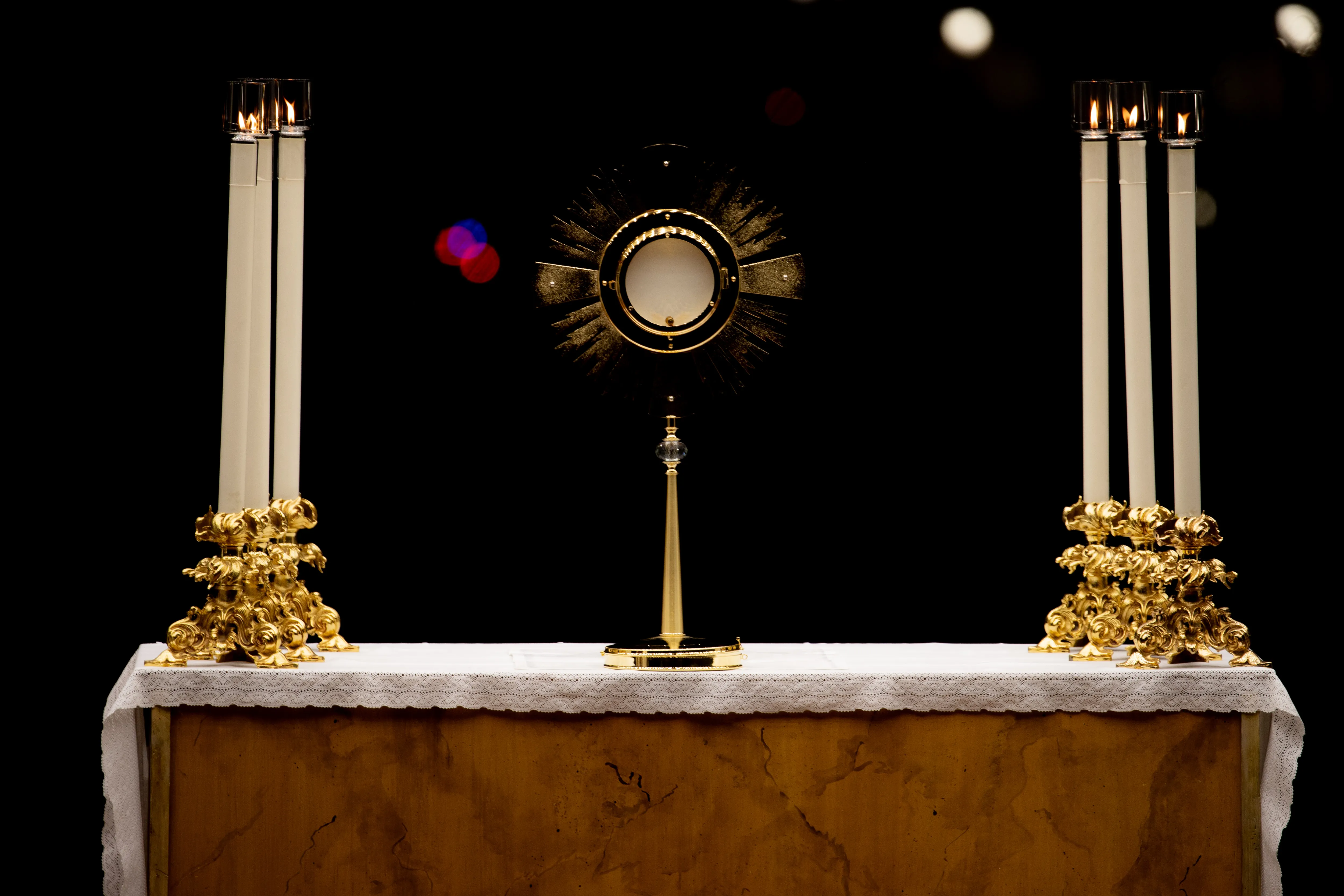
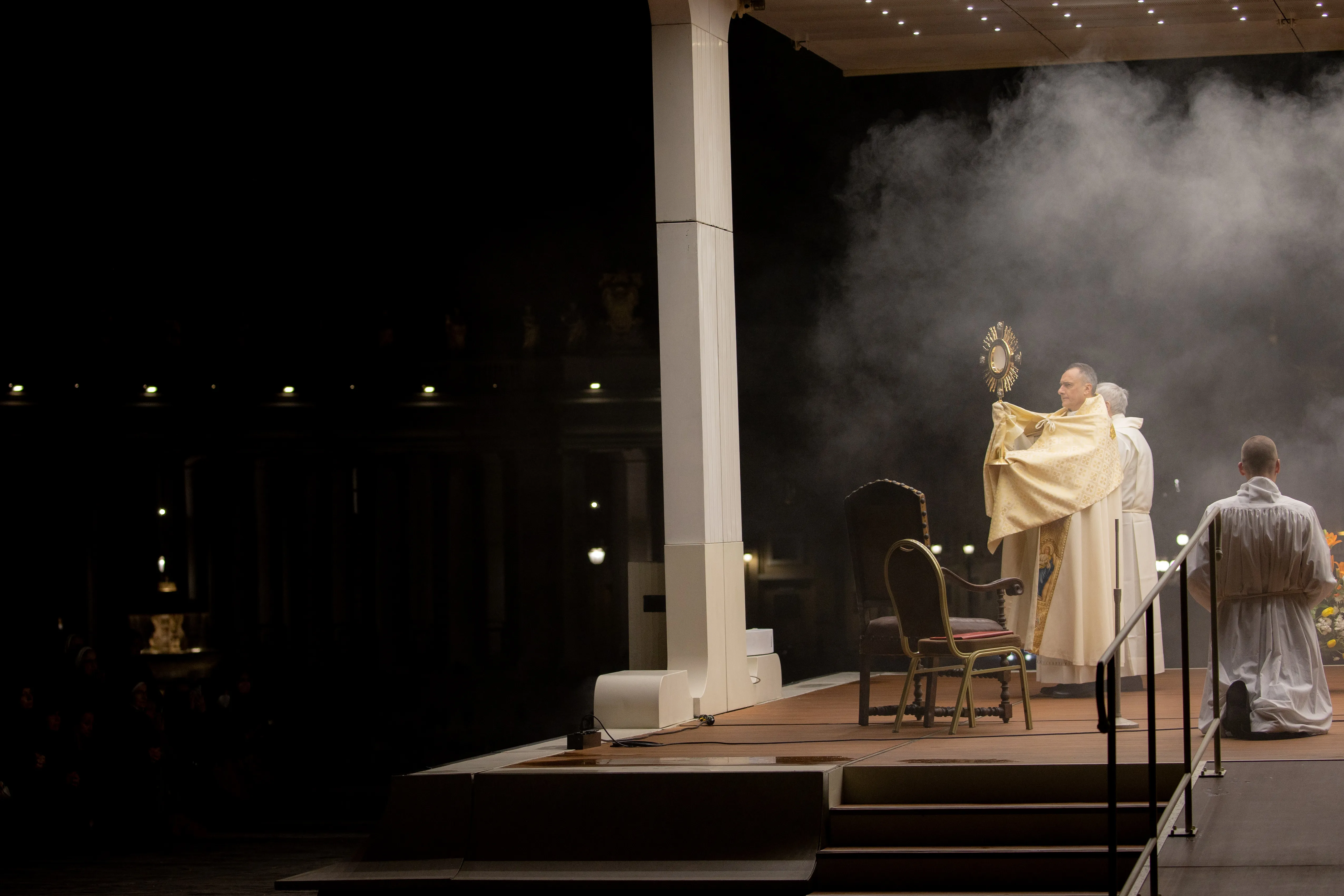

It’s sad, but…what are the alternatives unless people have the money to maintain the beautiful older buildings? Also, there’s a safety issue–many of the downtowns are not safe. When a family runs into financial difficulties, they cut back on unnecessary expenses. I hope that anyone in the area of the closed parishes who does not drive (e.g., older people) will be able to find transportation to a parish outside of their neighborhood.
‘unnecessary’
No talk of the saving of souls as a priority in any of these parish closing directives.